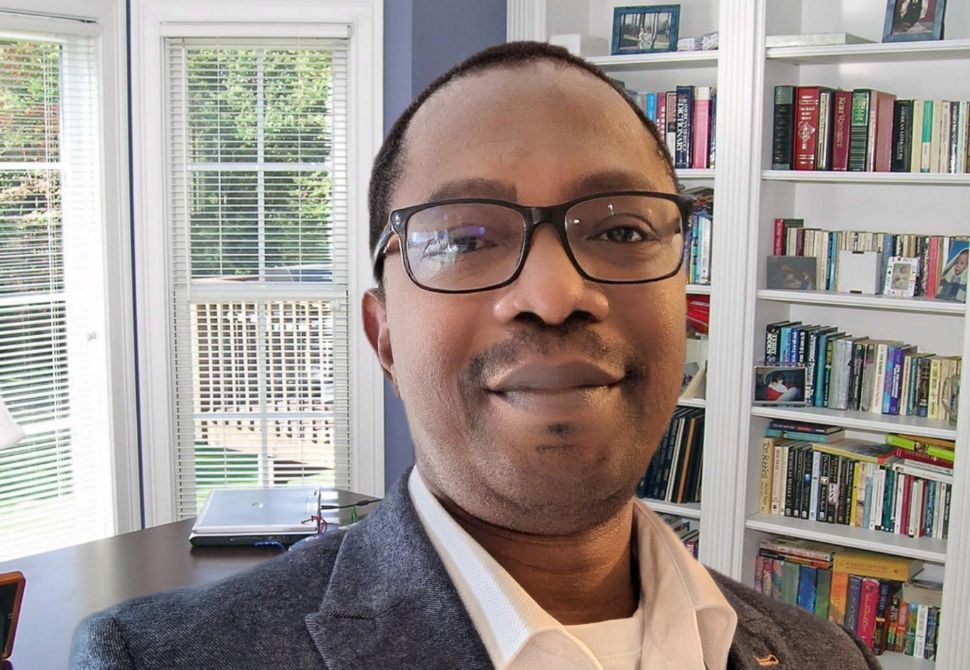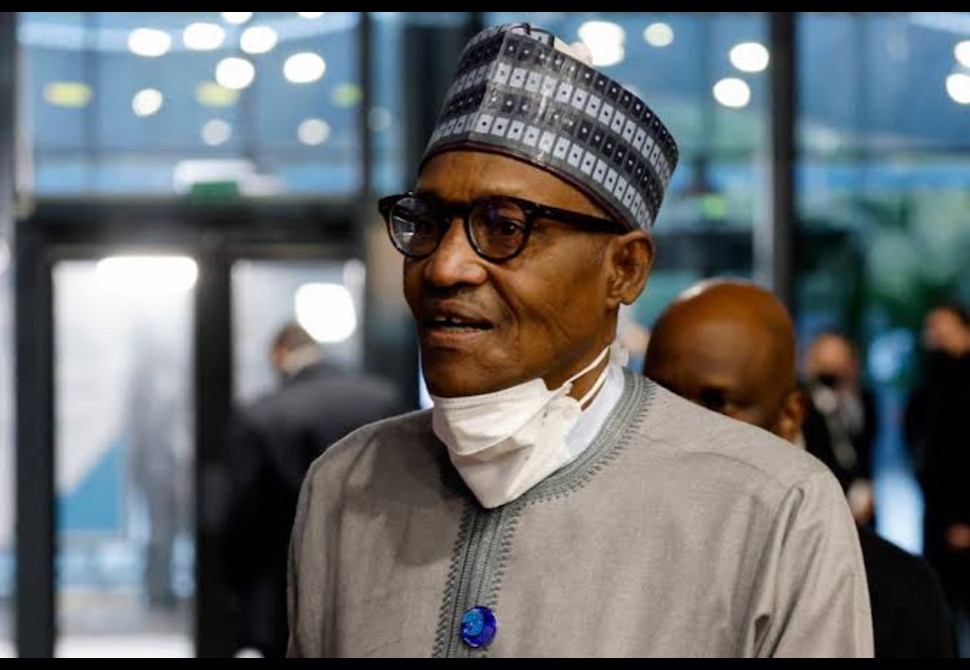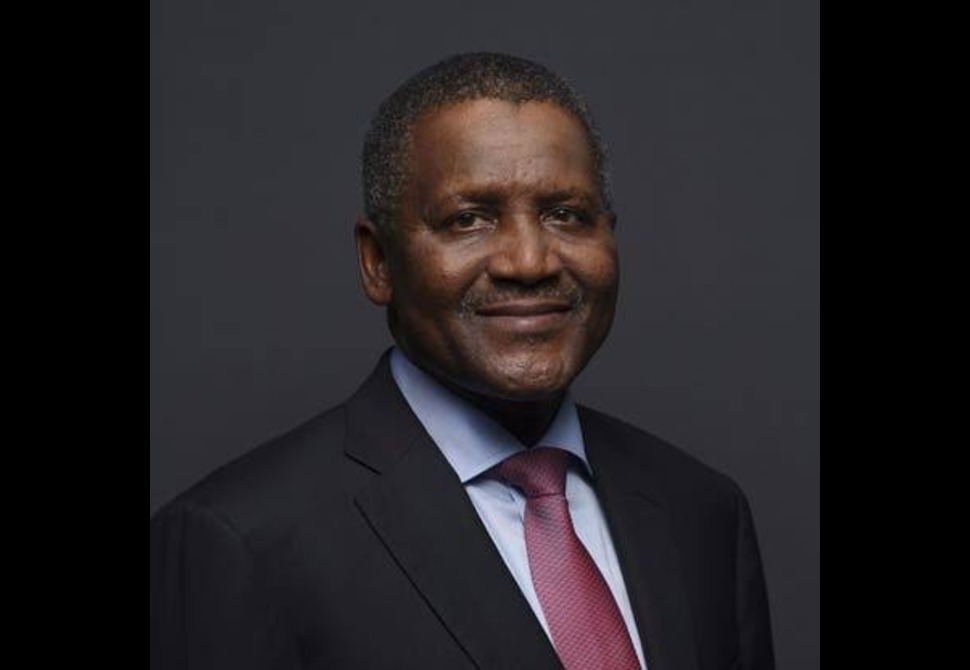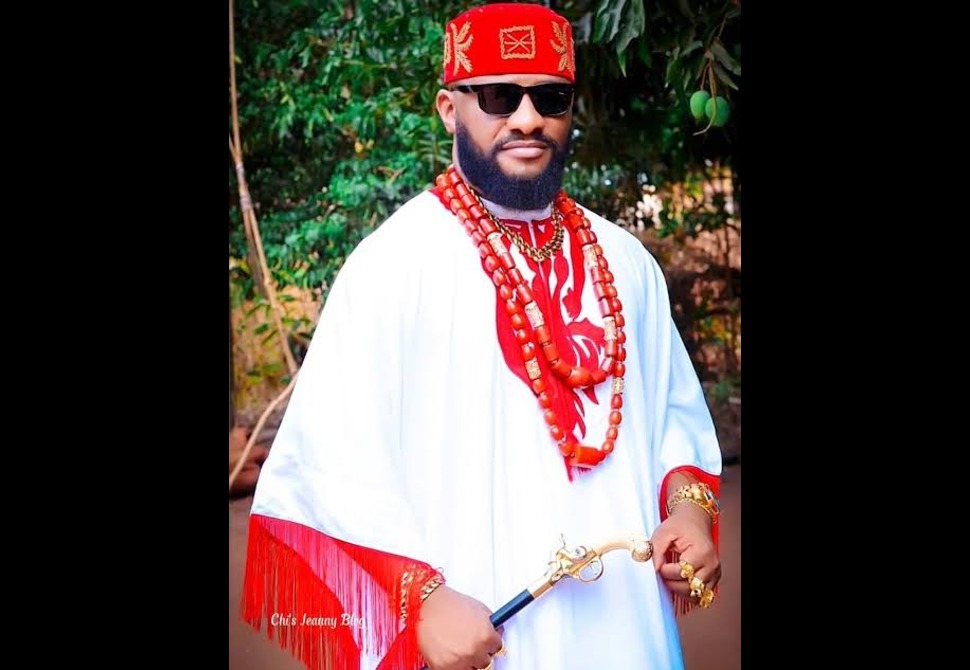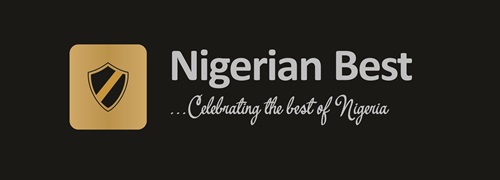
TikTok Denies Claims of Bias as Nigerian Creators Report Falling Engagement
TikTok has pushed back against growing claims that its algorithm now favours celebrities and established influencers at the expense of emerging creators. This follows mounting frustration among Nigerian content creators, many of whom say their video engagement has dropped significantly in recent months—despite consistent efforts to remain active on the platform.
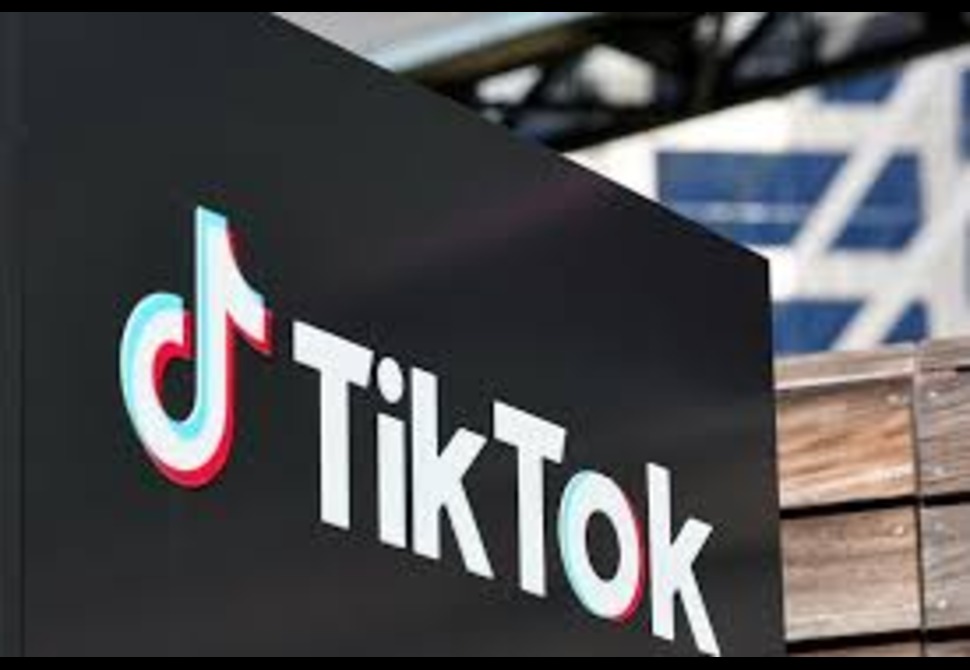
“Video views vary from one video to another, and the number of followers or past video performance does not influence how future content is distributed,” said Keagile Makgoba, TikTok’s Head of Communications for Sub-Saharan Africa, on Monday. “Our recommendation system is based on user interests and interactions—not on a creator’s status.”
Still, many Nigerian creators remain unconvinced. Once known for its democratic reach, where anyone could go viral regardless of following, TikTok is now seen by some as favouring popularity over potential.
“The TikTok algorithm has completely changed,” said 20-year-old influencer Adebayo Temitayo, also known as @Realjjfrosh. “Before, you didn’t need to be famous to go viral. Now, even creators with huge followings struggle to get views.”
According to TikTok, updates made to its recommendation engine in 2024 aimed to encourage more meaningful engagement and enhance user experience. The For You page, where most content is discovered, now prioritises factors such as video completion rates, rewatch frequency, shares, comments, and viewing duration.
Makgoba noted that the algorithm takes into account a wide range of signals—likes, follows, hashtags, and other in-app behaviours—to tailor each user’s content feed. “The goal is to show people what they’re most likely to enjoy—not necessarily what’s coming from the most followed accounts,” he said.
Yet, creators say the changes have had unintended consequences. Videos that once reached tens of thousands now struggle to break a few hundred views. For smaller or up-and-coming creators, building an audience has become far more difficult.
The issue is compounded by the fact that Nigeria is excluded from TikTok’s monetisation features—such as the Creator Fund and Creativity Program—which are accessible in other regions. In addition, users are reporting more frequent content takedowns and tighter moderation, often without clear explanation.
“It’s discouraging,” said Temitayo. “You put in so much effort, make quality content, and still it barely reaches anyone. It feels like we’re being left behind.”
Even though these things are annoying, TikTok is still a big part of Nigeria’s digital space, setting trends, promoting music, and making brands more visible. For a lot of young Nigerians, the platform is still a place where they can be creative and make money in the future. But unless TikTok listens to the growing concerns of its grassroots creators, people may continue to be unhappy.

